雙相情感障礙是什麼意思?
雙極這個詞的意思 2 極端情況。全世界數以百萬計的人患有雙相情感障礙,生活在兩個不同的現實之間分裂,興高采烈和抑鬱。有許多類型的雙相情感障礙.
讓我們考慮一對.
類型 1 在低點旁邊有極高的
類型 2 涉及簡短, 不那麼極端的興高采烈時期
夾雜著長時間的壓抑. 對於任何在精神狀態之間搖擺不定的人, 似乎不可能找到過健康生活所必需的平衡點.
類型 1 極高被稱為躁狂發作,他們可以感覺到一個人從暴躁到無敵. 但這些欣快的情節增加了普通的快樂感,引起令人不安的症狀,如思緒萬千,失眠,快速講話,未經治療的衝動行為和危險行為.
雙相情感障礙患者的反應或行為方式?
這些類型變得更加持久 ,激烈的,需要更長的時間才能消退. 雙相情感障礙的悲傷階段以多種方式表現出情緒低落,對愛好的興趣減少,食慾變化,感到一文不值或極度內疚,睡得太多或太少 煩躁不安或反應遲鈍或持續存在自殺念頭.
全世界大約有 1% 到 3% 的成年人會出現表明雙相情感障礙的多種症狀。這些類型的人大多是功能性的, 貢獻社會的成員和他們的生活, 選擇和關係不是由障礙決定的。但對許多人來說,結果仍然很嚴重. 這種疾病會影響教育和職業表現,關係,財務安全和人身安全.
雙相情感障礙的病因是什麼?
研究人員認為一個主要的關鍵因素是大腦的複雜線路. 健康的大腦在神經元之間保持緊密的聯繫, 由於大腦不斷嘗試自我修剪並移除未使用或有故障的神經連接。這個過程非常重要,因為我們的神經通路可以作為我們所做的一切的地圖。使用功能磁共振成像. 科學家們發現雙相情感障礙患者的大腦修剪能力受到破壞。這意味著他們的神經元會失控並創建一個網絡,該網絡無法僅憑令人困惑的信號作為指導來導航. 雙相情感障礙患者會產生異常的思想和行為,還會出現言語和行為混亂、妄想等精神病症狀, 偏執狂和幻覺可能出現在雙相情感障礙的極端階段. 這是分配給過量的神經遞質稱為 多巴胺.
但相反,這些見解, 我們不能將躁鬱症歸結為單一原因. 實際上這是一個複雜的問題.
例如, 大腦的杏仁核負責思考長期記憶和情緒行為. 在這個大腦區域,遺傳和社會創傷等因素多種多樣. 可能會變得古怪並引發雙相情感障礙的跡象.
這種情況可能會在家庭中發生, 所以我們確實知道遺傳學與它有很大關係。但這並不意味著只有一個雙相基因.
雙相情感障礙的藥物
事實上,雙相情感障礙發展的可能性是由我們仍在努力理解的複雜配方中許多基因之間的相互作用所驅動的. 原因是複合的,因此診斷和生活雙相情感障礙是一個挑戰. 儘管如此,疾病仍在控制之中, 某些藥物(例如鋰)可以通過平衡情緒來幫助控制危險的想法和行為.
這些心理平衡藥物通過減少大腦中的異常活動起作用. 從而加強可行的神經連接. 其他經常使用的藥物包括改變多巴胺和電休克療法作用的抗精神病藥,
這確實像大腦中受控的癲癇發作有時被用作緊急治療. 一些躁鬱症患者放棄治療是因為他們害怕這會削弱他們的情緒並損害他們的創造力. 但現代 精神病學 正積極地試圖遠離它. 今天,醫生根據具體情況與患者合作,結合治療和療法,使他們能夠充分發揮潛能,而遠程治療雙相情感障礙患者甚至可以從簡單的改變中獲得幫助,包括日常鍛煉睡眠習慣和清醒 藥物 和 酒精 更不用說家人朋友的接納和同理心了.
請記住,雙相情感障礙是一種疾病,不是一個人的問題或他們的整個身份,它可以通過內部治療的組合來控制. 外界對朋友和家人的接受和理解,以及雙相情感障礙患者自我賦權
在他們的生活中找到平衡.
Bipolar disorder can affect how someone’s mood, behavior, relationships and overall functioning. Below are some ways that bipolar may impact a person:
1.Mood Swings
Bipolar disorder has sever mood swings, which includes high moods of mania/hypomania (elation) and depression (sadness). Sudden and intense these fluctuations interfere with emotional regulation.
2.Impaired Functioning
Daily chores like work, school or housekeeping can be hard for individuals with bipolar disorder to perform well during manic or depressive episodes. Consequently, it becomes difficult to maintain employment academic performance as well as fulfill social obligations.
3.Relationship Strain
Fluctuating moods and behaviors associated with the condition may strain one’s relationship with his/her family members, friends or romantic partners. Families might not comprehend manifestations shown by their loved ones thus leading to conflicts or misunderstanding and even frustration on their part.
4. Risk-taking Behavior
People with bipolar disorder may indulge in dangerous activities like excessive shopping, speeding, taking drugs and having multiple sexual partners during manic or hypomanic episodes. Such actions can lead to financial difficulties, legal problems or broken relationships.
5.Physical Health
Bipolar disorder does not only influence mental health but also physical health for example sleep disturbances and appetite changes that accompany mood episodes have an effect on general health and wellbeing. Furthermore, the strain of dealing with this condition as well as possible other associated illnesses can have negative consequences on an individual’s physical wellbeing.
6.Co-occurring Disorders
Those with bipolar disorder may also have comorbid anxiety disorders; substance use disorder(s) and attention deficit/hyperactivity disorder (ADHD). These extra complications do not make treatment any easier while hampering efficiency in terms of performance in general.
7.Stigma and Discrimination
Although there has been increased awareness about mental health issues, there is still stigma surrounding bipolar disorder and other psychiatric conditions. It is through stigma that people become discriminated against, socially isolated leading to them not being able to seek help or get the right kind of treatment they require.
It should be noted that many individuals with bipolar disorder can effectively manage their symptoms and lead fulfilling lives with suitable treatment which includes medication, counseling and changing lifestyles. Therefore, early intervention and continuous support are necessary to reduce the effects of the disorder as well as promote recovery.


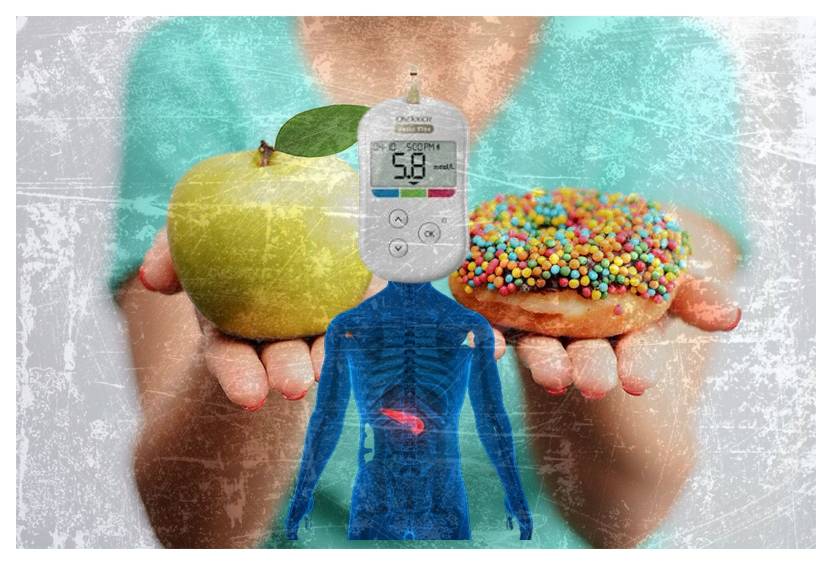
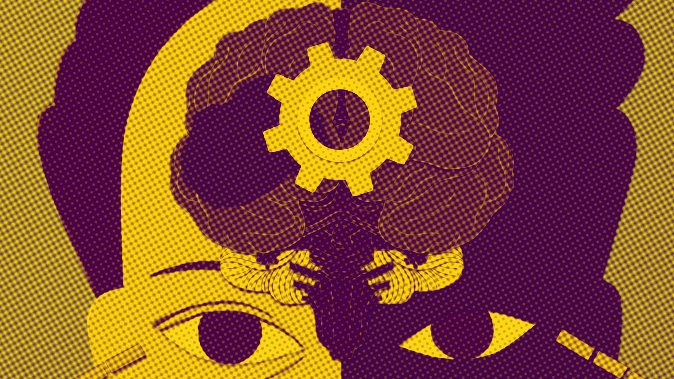
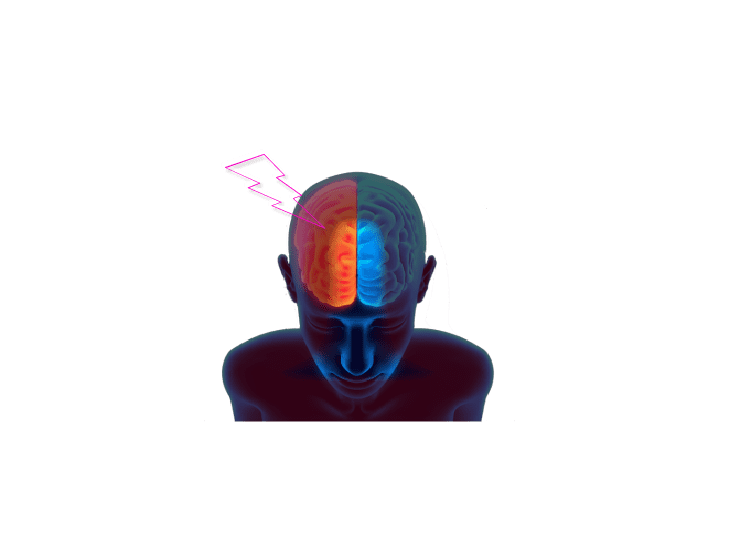
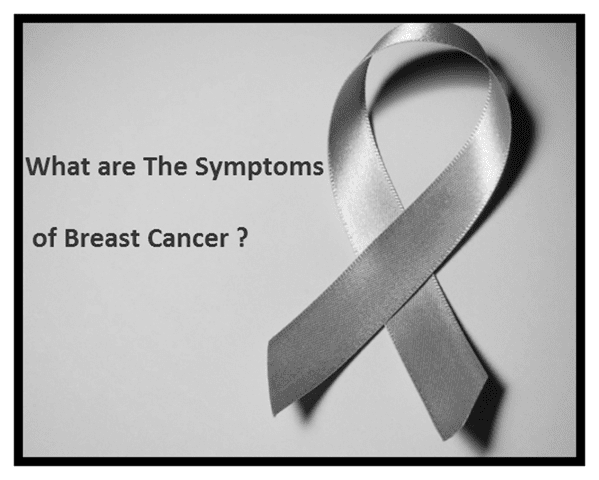


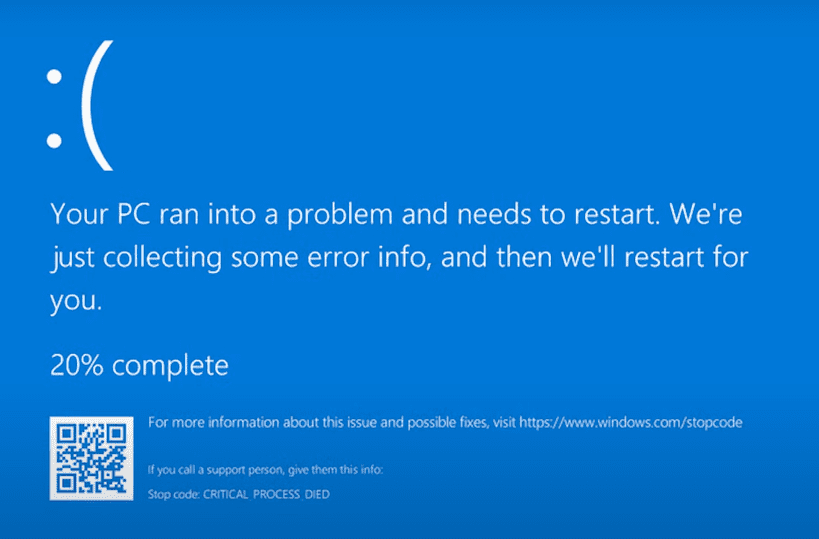











它真的幫助我學習